Applications in Time-Frequency Signal Processing
Because most real-world signals, including speech, sonar, communication, and biological signals, are non-stationary, traditional signal analysis tools such as Fourier transforms are of limited use because they do not provide easily accessible information about the localization of a given frequency component. A more suitable approach for those studying non-stationary signals is the use of time frequency representations that are functions of both time and frequency.Applications in Time-Frequency Signal Processing investigates the use of various time-frequency representations, such as the Wigner distribution and the spectrogram, in diverse application areas. Other books tend to focus on theoretical development. This book differs by highlighting particular applications of time-frequency representations and demonstrating how to use them. It also provides pseudo-code of the computational algorithms for these representations so that you can apply them to your own specific problems.Written by leaders in the field, this book offers the opportunity to learn from experts. Time-Frequency Representation (TFR) algorithms are simplified, enabling you to understand the complex theories behind TFRs and easily implement them. The numerous examples and figures, review of concepts, and extensive references allow for easy learning and application of the various time-frequency representations.
{{comment.content}}
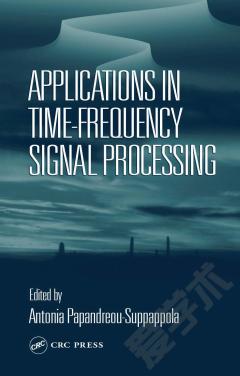

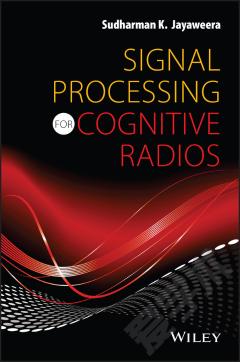
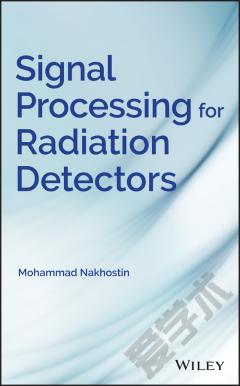

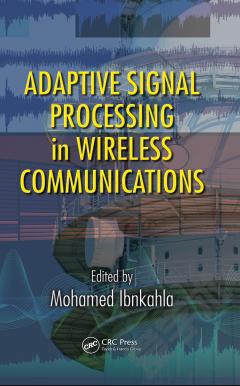
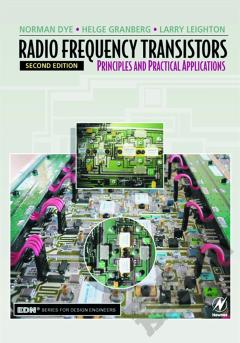

 京公网安备 11010802027623号
京公网安备 11010802027623号